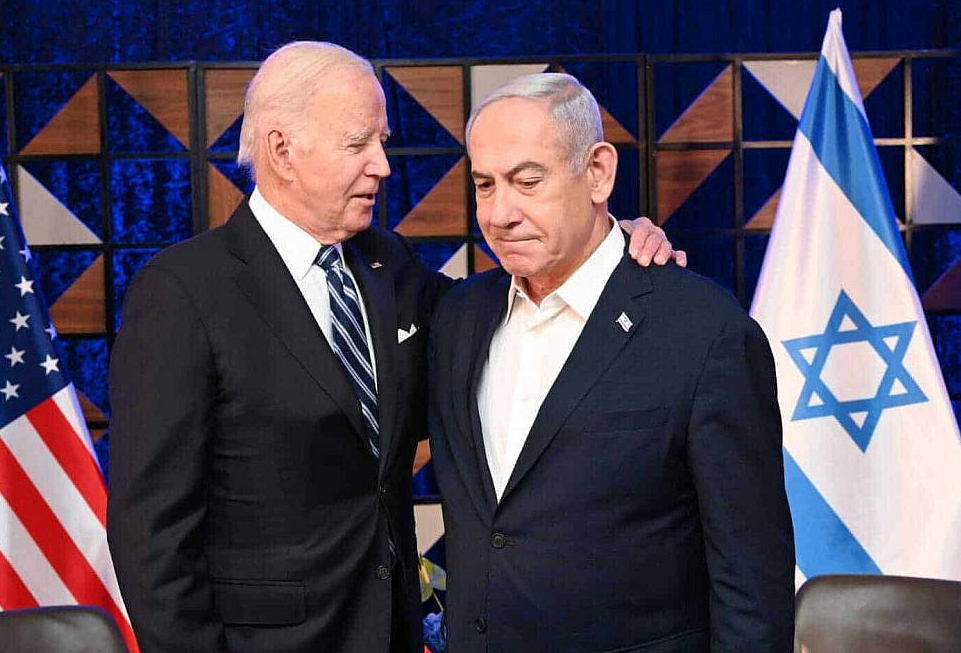this helps explain the success
in obtaining obedience by such persons as Wlodimir Ledochowski


Perinde ac Cadaver
February 21, 2008, 8:07 pmPosted by Robert P. Imbelli
(Permalink)A few weeks back there was a discussion on dotCom of the words of St. Ignatius in the “Constitutions of the Society of Jesus” to the effect that one under obedience should allow himself to be directed “as if he were a lifeless body:” perinde ac cadaver.
One of the blogs on the official website of the 35th General Convention reports this reading of the phrase (cited by the Pope in his letter to Father Kolvenbach) from a member of the General congregation:
there was a discussion about a point in the letter of Pope Benedict XVI to Fr. Kolvenbach at the start of GC35 where the Pope reminds us about St. Ignatius wanting our obedience to be perinde ac cadaver, “like a dead body”. Here is part of an interesting post about this:
“ In the process of obeying a superior… there is the key moment where I choose to obey in accordance with my vow. At that moment I am passive, in a stance of abandoning myself and putting myself at the disposal of the superior, implementing the “take, receive” of the ad amorem. This moment in some ways is akin to the moment when I receive a consolation without cause or an impulse of grace over which I have no control. However prior to that moment there is the full activity of my preparation for the moment of obedience: my discernment, my consultation of others, my dialogue with my superior, perhaps even my representation. And following that moment there is the lengthy process of implementation where I fully engage all my strength in doing what I am asked to do as a Jesuit apostle. The “perinde ac cadaver” moment is the still point at the centre of my activity as a Jesuit, the point which focuses it and energizes it…”Interesting too that the Pope in his address to the Jesuits at today’s audience ends with the prayer from the Spiritual Exercises to which the above comment refers:
Take, Lord, receive all my liberty, my memory, my understanding, my entire will — all that I have and possess. You, Lord, have given all to me. Now I give it back to you, o Lord. Dispose of it according to your will. Give me your love and your grace, for that is enough for me.
But before reciting the prayer, Pope Benedict confesses:
mi unisco a voi nella preghiera insegnataci da Sant’Ignazio al termine degli Esercizi – preghiera che sempre mi appare troppo grande, al punto che quasi non oso dirla e che, tuttavia, dovremmo sempre di nuovo riproporci
I join with you in the prayer taught us by Saint Ignatius at the close of his Exercises — a prayer which I always find almost overwhelming, to the point where I almost dare not say it … yet which we must always appropriate anew.
No Comments »




























.jpg)













